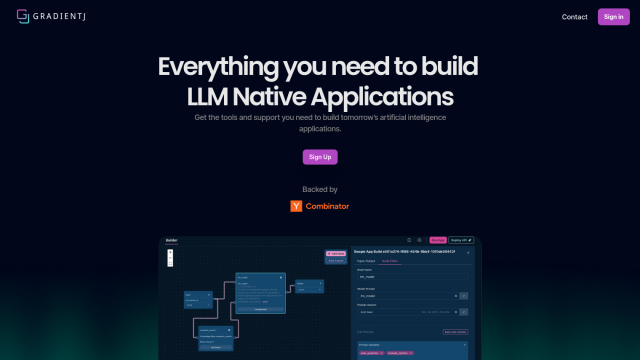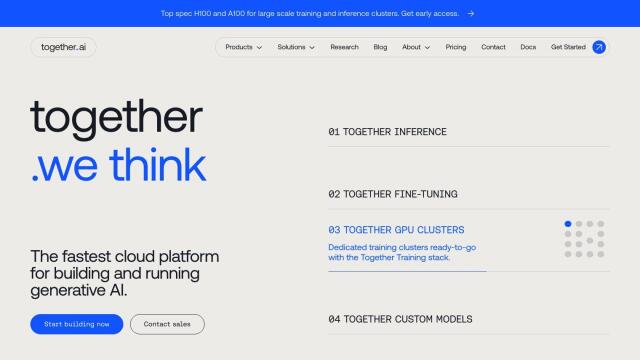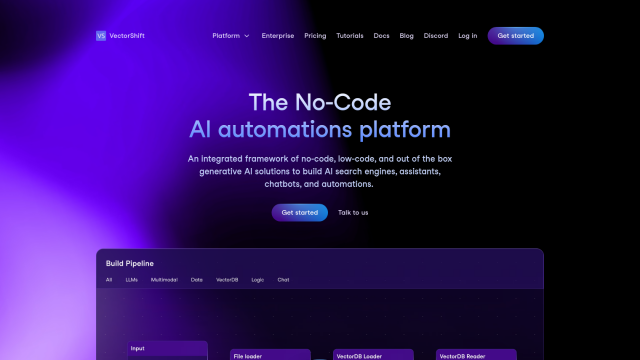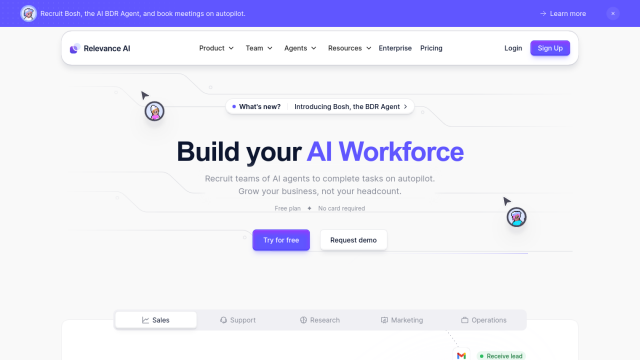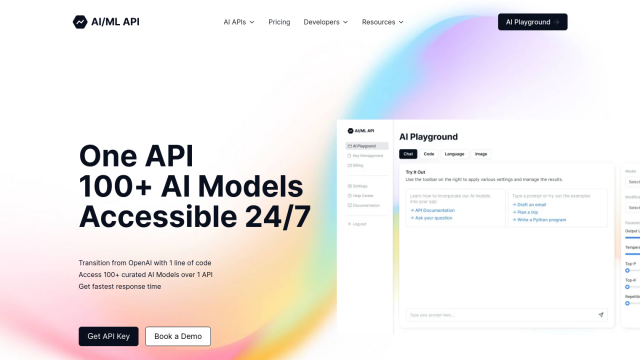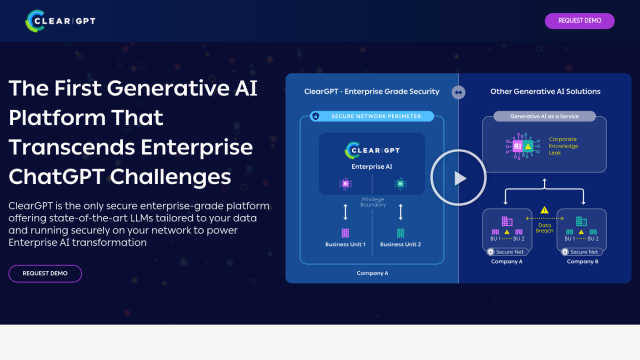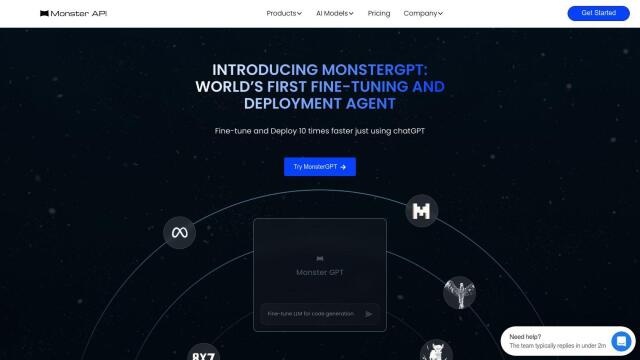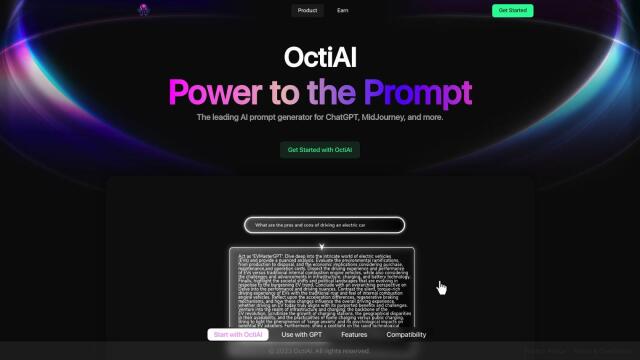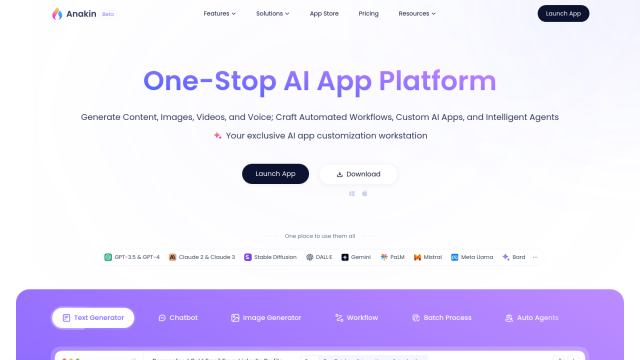Question: I'm looking for a way to optimize my AI processing workflows, do you know of any platforms that can help?
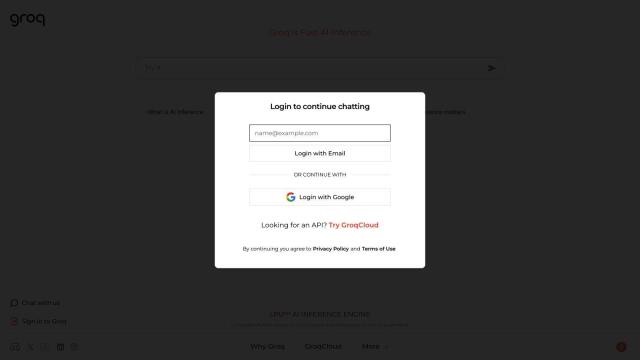

Groq
Groq has a full-stack offering with its LPU Inference Engine for high-performance, high-quality and low-power AI compute. It can run in the cloud or on-premises, which is good for customers who need fast AI inference, in particular for generative AI models. Its low power usage can cut energy costs, too.


Anyscale
Another contender is Anyscale, which is based on the open-source Ray framework. It offers the highest performance and efficiency with features like workload scheduling, smart instance management and heterogeneous node control. Anyscale is flexible, accommodating a broad range of AI models, and it can be cost effective with its tiered pricing, including a free tier. Its features like native IDE integrations and strong security tools make it a good fit for enterprise customers.


Instill
For a no-code/low-code approach, Instill is designed to simplify data, models and pipelines for generative AI so teams can focus on iterating AI use cases instead of infrastructure. With its drag-and-drop interface and support for many AI applications, Instill can rapidly accelerate AI development, and it's a good choice for teams that want to add AI without the complexity of infrastructure.


Abacus.AI
Last, Abacus.AI is a full-fledged platform for building and running large-scale AI agents and systems. It supports a range of predictive and analytical tasks, including forecasting, anomaly detection and language AI. With features like notebook hosting, model monitoring and explainable ML, Abacus.AI is good for automating complex tasks and optimizing business operations.

